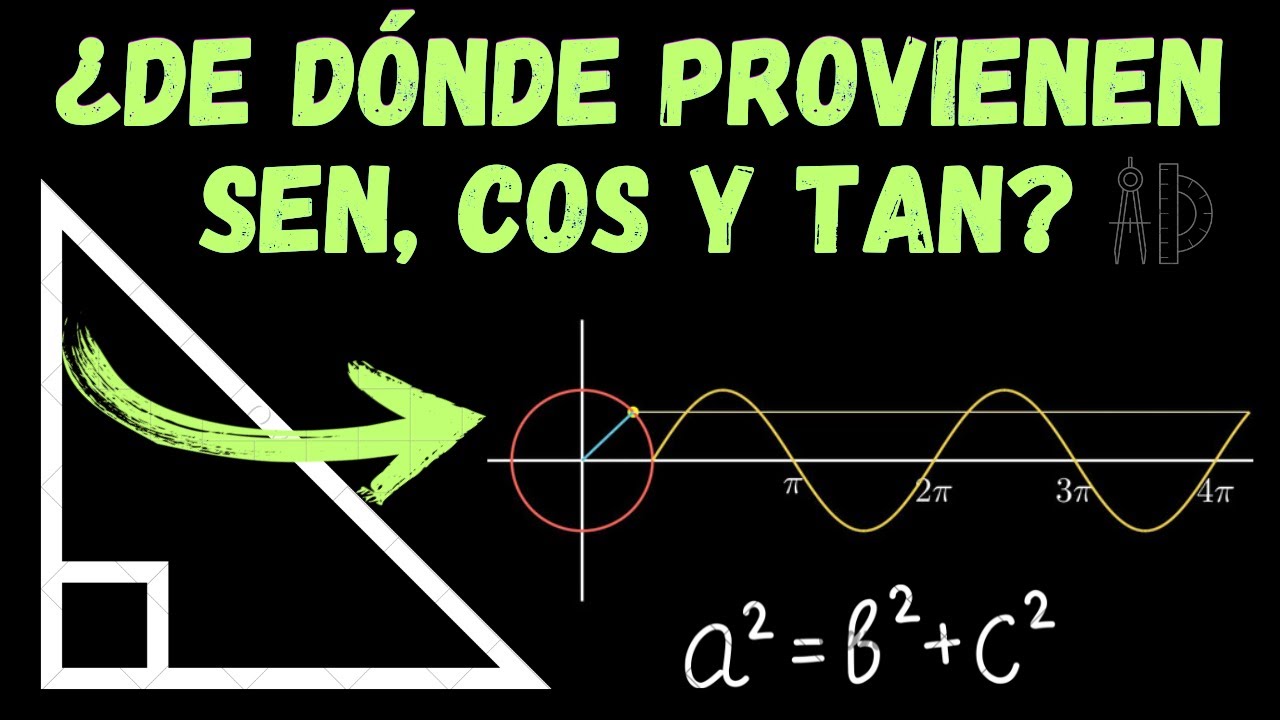What is a Field ? (Physics)
Summary
TLDRThis video explores the concept of fields in physics, emphasizing their significance in understanding physical phenomena. It defines a field as a region of space where each point is linked to a specific physical quantity, using examples like temperature, pressure, humidity, and ocean parameters to illustrate scalar fields. The video also distinguishes vector fields, exemplified by wind and electric fields, where each point is associated with both magnitude and direction. Finally, it introduces gravitational fields, focusing on the forces experienced by mass, setting the stage for deeper discussions in future videos.
Takeaways
- 🌌 A field in physics is a region of space where each point is associated with a specific physical quantity.
- 🌡️ Temperature fields illustrate how each point in a region can be assigned a temperature value.
- 🌍 Weather forecasts are based on data from various fields, including temperature and pressure fields.
- 📏 Scalar fields are characterized by a single value at each point, such as temperature and pressure.
- 🌬️ Wind fields are examples of vector fields, where each point is associated with both speed and direction.
- 🌊 Oceanography involves multiple fields, including salinity and acidity, assigned to points in a volume of ocean.
- ⚡ Electric fields show how each point has a magnitude and direction of force on a charge.
- 🌌 Gravitational fields represent the force exerted on a mass at various points in space.
- 🔄 Vector fields combine both magnitude and direction, essential for understanding forces in physics.
- 🔍 Understanding fields is crucial for studying phenomena in meteorology, oceanography, and physics.
Q & A
What is a field in physics?
-A field is a region of space where each point is associated with a specific physical quantity.
Can you give an example of a scalar field?
-An example of a scalar field is a temperature field, where each point is associated with a temperature value in degrees Celsius.
What distinguishes a scalar field from a vector field?
-A scalar field is represented by a single numerical value at each point, while a vector field includes both magnitude and direction at each point.
What is a vector field?
-A vector field is a field where each point is associated with a vector, which includes both magnitude and direction.
What are some examples of vector fields mentioned in the transcript?
-Examples of vector fields include wind fields, electric fields, and gravitational fields.
How does the temperature around a person affect the temperature field?
-The heat emitted by a person's body directly affects the temperature values in the surrounding temperature field.
What does a wind field represent?
-A wind field associates each point in a region with the speed and direction of the wind, making it a vector field.
How is an electric field defined?
-An electric field is defined as a region where each point indicates the magnitude and direction of the force experienced by a charge placed at that point.
What is the significance of understanding fields in sciences like meteorology and oceanography?
-Understanding fields is crucial for predicting weather patterns and studying ocean dynamics, as they provide insights into various physical phenomena.
What is a gravitational field?
-A gravitational field is a region of space where each point is associated with the magnitude and direction of the gravitational force acting on a mass placed at that point.
Outlines

This section is available to paid users only. Please upgrade to access this part.
Upgrade NowMindmap

This section is available to paid users only. Please upgrade to access this part.
Upgrade NowKeywords

This section is available to paid users only. Please upgrade to access this part.
Upgrade NowHighlights

This section is available to paid users only. Please upgrade to access this part.
Upgrade NowTranscripts

This section is available to paid users only. Please upgrade to access this part.
Upgrade NowBrowse More Related Video

Laplace's Equation and Poisson's Equation

ENTENDIENDO realmente QUÉ son SEN, COS y TAN ▶ ¿De DONDE PROVIENEN las RAZONES TRIGONOMÉTRICAS? 📐📖

NATURAL SCIENCE VS SOCIAL SCIENCE | DIFFERENCE NATURAL AND SOCIAL SCIENCE IN ENGLISH

8.01x - Lect 3 - Vectors - Dot Products - Cross Products - 3D Kinematics

شرح درس الرياضيات والفيزياء أول ثانوي 1444

Introdução ao Estudo da Física e Grandezas | Física - aula #1 | prof. Yuri Alves | Extensivo NPAC
5.0 / 5 (0 votes)